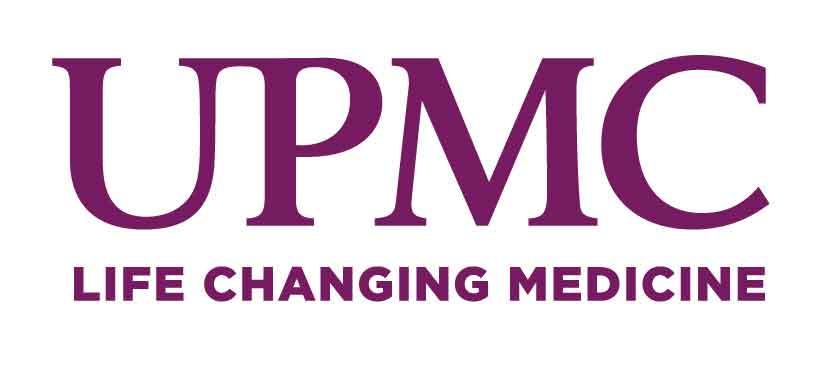UPMC: UPMC, HVHS Partner to Improve Access to COVID-19 Treatment
UPMC and Heritage Valley Health System are partnering to make an outpatient COVID-19 treatment more widely available in western Pennsylvania.
Monoclonal antibody treatment reduces the risk of death and the need for hospitalization in people who receive it soon after being diagnosed with COVID-19. The health systems will pool their supply of monoclonal antibodies and use the extensive UPMC network of infusion centers to provide Heritage Valley patients with the treatment.
Donald Yealy release“This treatment has potential to drastically cut the number of people in our communities who get hospitalized with COVID-19 complications and reduce deaths from this disease,” said Donald M. Yealy, M.D., chief medical officer at UPMC. “It is most effective if given within 10 days of diagnosis, and the sooner the better. By partnering with Heritage Valley, we will improve access for patients.”
Michael Cratty release“Heritage Valley has helped ensure that COVID-19 testing and vaccines are available in the community, and we would like to expand our patients’ opportunity to receive COVID-19 outpatient treatment, in collaboration with UPMC,” said Michael Cratty, M.D., Ph.D., chief medical officer at Heritage Valley Health System. “Monoclonal antibodies provide an early treatment opportunity for COVID-19 to those with elevated risk factors. Our collaboration with UPMC expands community access to this important treatment.”
mAb animation playMonoclonal antibodies are a type of medication that seeks out the COVID-19 virus in a person’s body and blocks it from infecting their cells and replicating. The treatment is given through a one-time intravenous infusion, usually at an outpatient infusion center.
COVID mAbs Graphic releasePatients currently eligible for the treatment are those at a higher risk of a poor outcome from COVID-19, including people 65 or older, those who are obese or those with conditions such as diabetes or lung disease. Younger adults and children over 12 with certain conditions, including asthma, also may be eligible.
UPMC has treated nearly 2,400 patients at 18 infusion centers across Pennsylvania and in New York and Maryland. The treatment also is offered to homebound people through a home-infusion service, and in emergency departments, nursing homes and behavioral health centers in the UPMC system.
Heritage Valley is supplying UPMC with its allotment of monoclonal antibodies from the federal government and will refer qualifying patients to UPMC infusion centers, though the patients will remain under the care of their Heritage Valley physicians.
The U.S. supply of monoclonal antibodies is taxpayer-funded and the medication is given without charge to the institutions that administer it. Currently, UPMC Health Plan waives copayments and deductibles for administering the treatment, and UPMC does not bill people whose insurance does not fully cover costs associated with administering the treatment.

